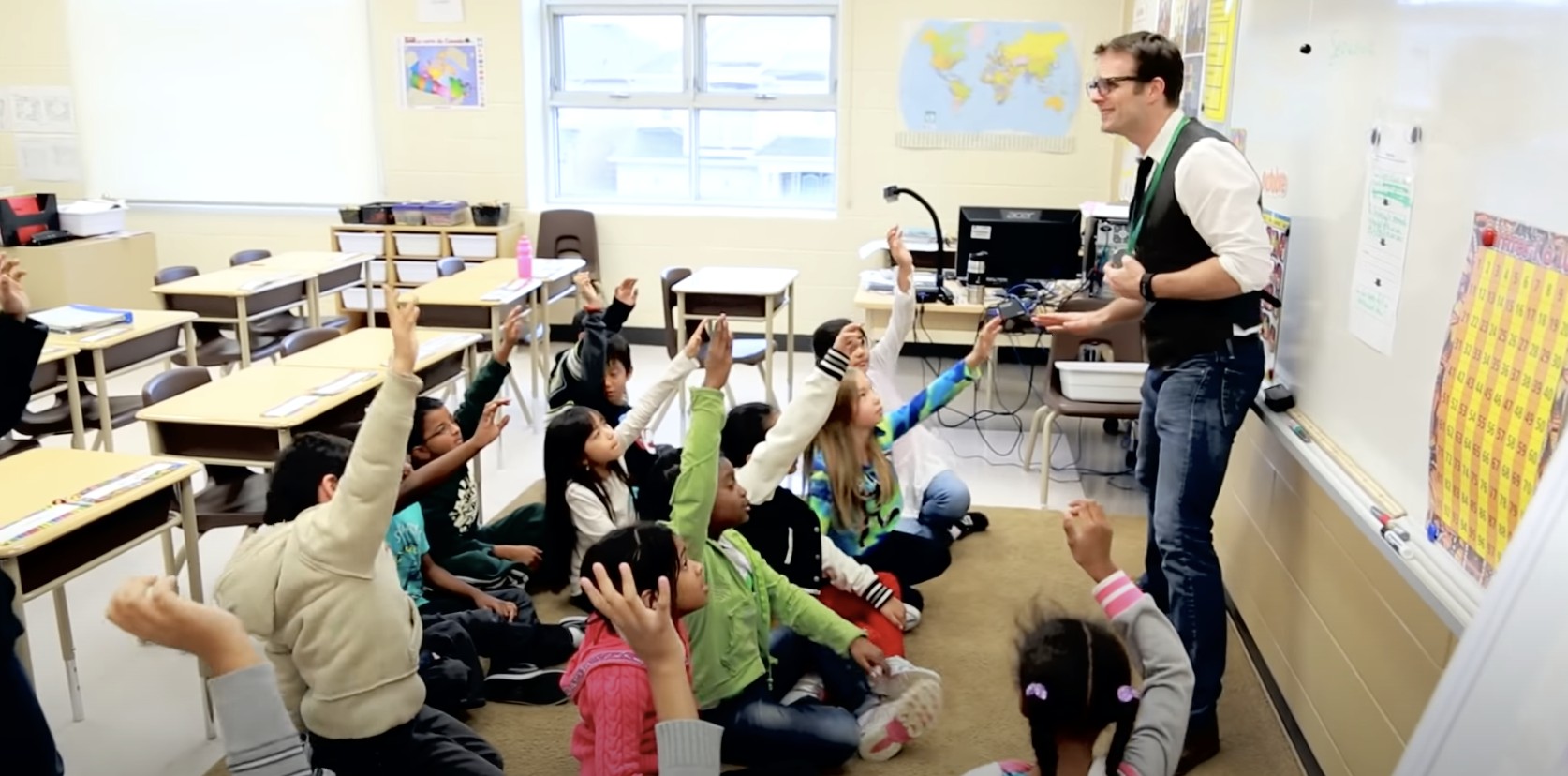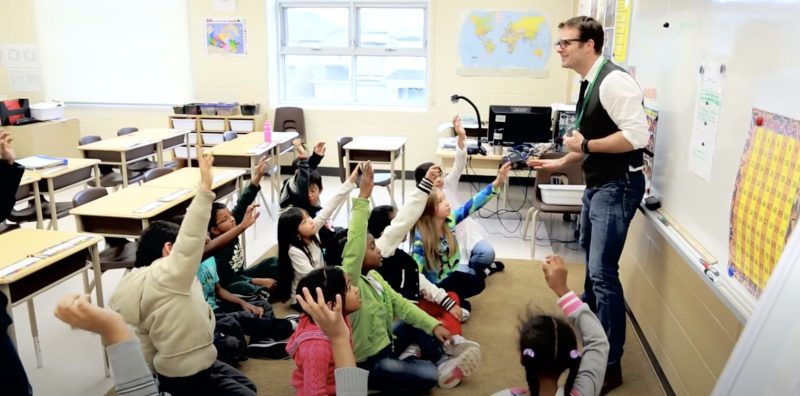French Immersion, a program in difficulty?


The French immersion program in Canada has faced widespread criticism. While recent budget cuts are cited to be to blame for this issue, the program is also facing long-term difficulties which compromise future developments.
The Toronto District School Board has proposed cuts to transportation and funding for French immersion schools. Ontario represents 12.8% of the 500,000 students enrolled in French immersion programs in Canada, according to Radio-Canada.
However, provincial fiscal policy is not solely responsible for the difficulties of the immersion program. The testimonies of anonymous teachers in the French immersion program agree in denouncing the flaws of the system
When asked about this in an interview with The Cord, the first teacher expressed their disappointment in the system:
“I’ve worked with many French teachers in two Canadian elementary schools that don’t speak French. Of course, there is a shortage, but there is no system in place to ensure that French teachers speak, read and write French competently.”
In addition to the lack of teacher training, there is insufficient support for students with learning disabilities. Most French immersion programs offer no guaranty of accessibility.
Radio-Canada points out “a lack of resources available for students with special needs.”
As a result, parents must seek help and spend money on tutors and other resources, or they get discouraged and pull their children out of the program, as English-language programs often have more resources for students with special needs.
Teachers also suffer from the cuts and the success of the program often relies on their good will and passion. During the interview when asked for the reasonings for wanting to teach, the second teacher’s response was.
“In my humble position, [teaching] allows me to help people because my goal is to be a high school teacher, not for any particular reason other than to be there for students at that level who are going through puberty or other difficulties, if I can or if they want to lend a hand. So, my goal is to guide or support outside of the French classroom,” explains one anonymous teacher.
“I teach French because I love its language system, its culture. It is a language spoken around the world,” says another anonymous teacher in the system.
In some cases, French Immersion has lived up to its promises, despite the challenges. This can be seen when I interviewed former Frech immersion students.
“The high school experience was difficult because there wasn’t a lot of French taught there. Only one French elective course was offered during the school year, so I ended up learning French during history class. At some point, I was able to write in French without the need to translate first in my head and then on paper,” said the first student.
However, language acquisition varies greatly from one institution to another and show an imbalance between written and oral skills.
“It helped me gain a very good command of French in listening and speaking, but my writing skills were a bit lackluster. Oddly enough, I had to go to an English school and take regular French classes […] to be able to work and improve my writing skills,” said another student interviewed by The Cord.
Bilingualism in Canada could be jeopardized by the mixed fortunes of the French immersion program, according to Radio Canada.


